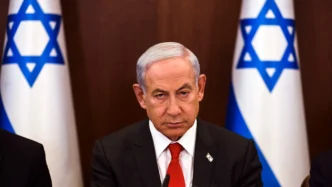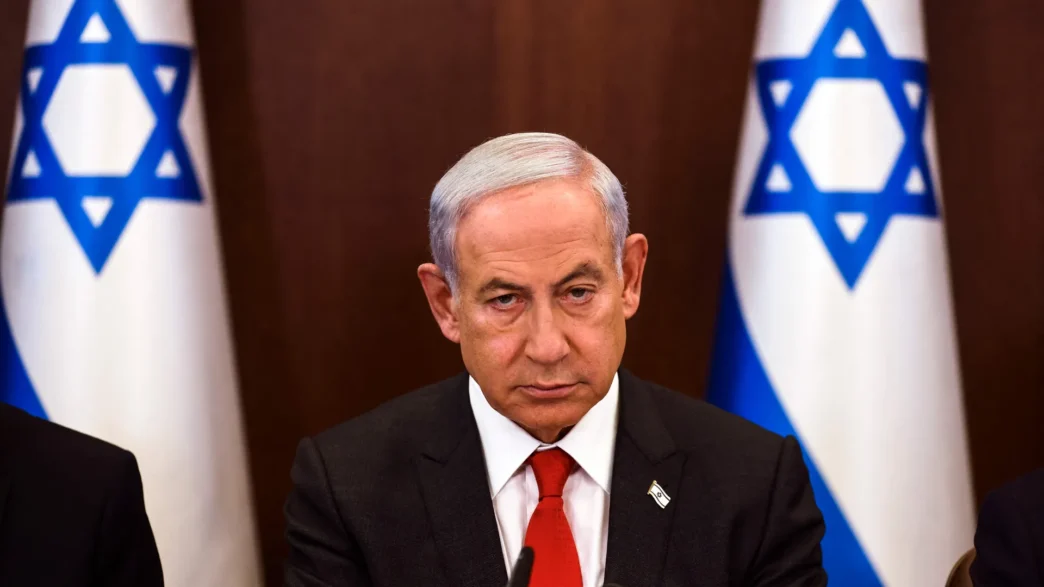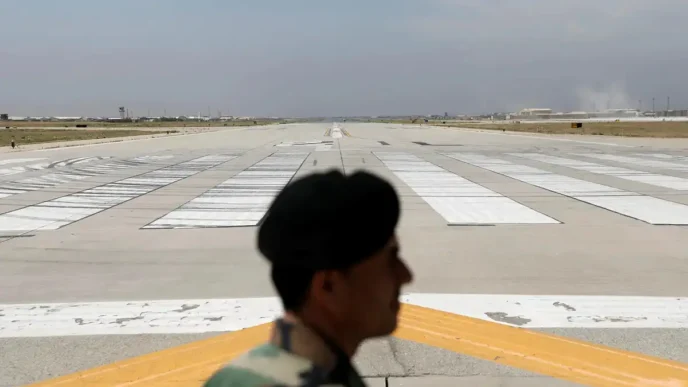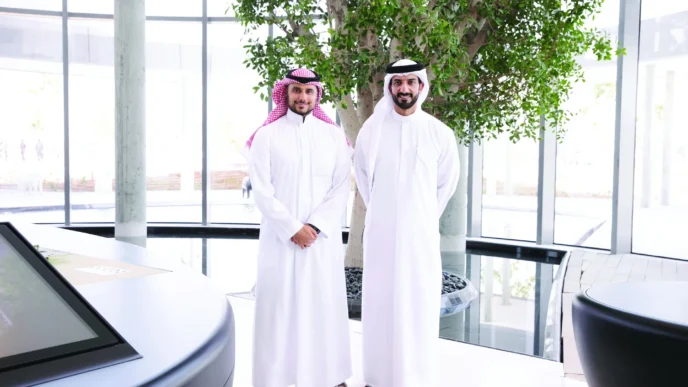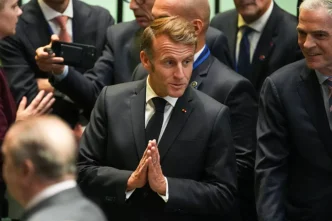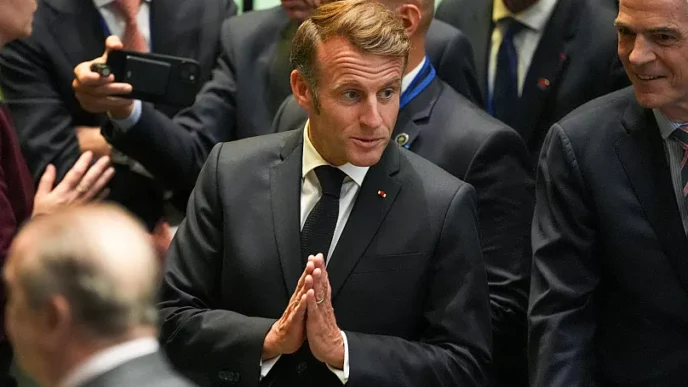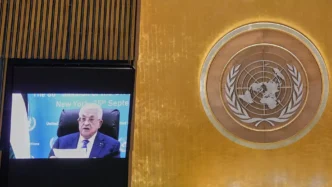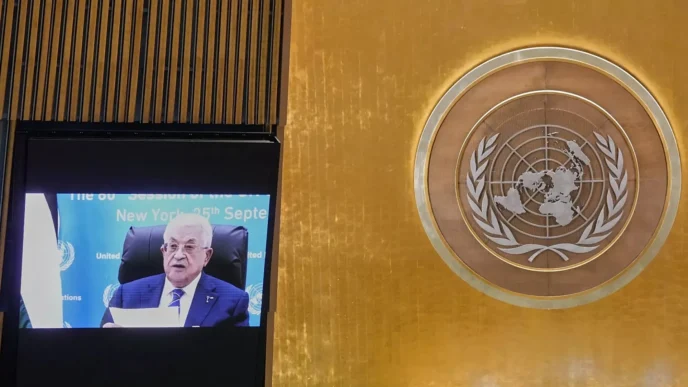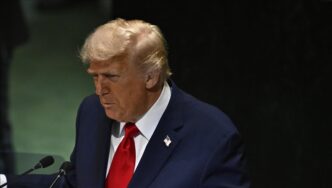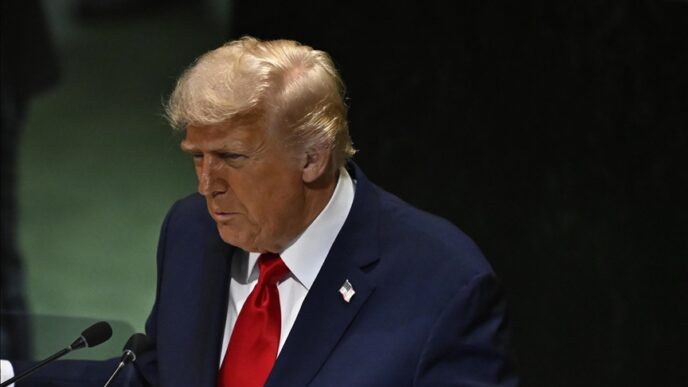Israeli Prime Minister Benjamin Netanyahu sought to highlight the resilience of Israel’s relationship with the United States during a high-profile visit from U.S. Senator Marco Rubio, days after Israel’s controversial air strike in Doha rattled diplomatic channels across the Middle East.
A Symbolic Visit at a Tense Time
Senator Rubio’s trip to Jerusalem was widely interpreted as a gesture of solidarity with Israel as it navigates intensifying scrutiny from global partners. The Doha strike, which Israel justified as a targeted action against Hamas operatives, has drawn strong criticism from Gulf nations and raised questions about Washington’s balancing act between its Israeli ally and its Arab partners.
Standing alongside Rubio at a press conference in Jerusalem, Netanyahu praised the “unbreakable bond” between Israel and the United States. “In moments of pressure and uncertainty, our alliance with America only grows stronger,” he said. “We deeply appreciate Senator Rubio’s leadership in the Senate and his unwavering commitment to Israel’s security.”
Rubio’s Supportive Tone
Rubio, a senior Republican voice on foreign policy, echoed Netanyahu’s remarks. He reaffirmed bipartisan support in Washington for Israel’s right to defend itself, even as debates intensify over the wider implications of Israel’s regional military strategy. “Israel’s security is America’s security,” Rubio said. “Our partnership is rooted in shared values and common interests, and no strike or international criticism will change that.”
The senator’s comments may also reflect growing U.S. domestic political divisions: while Republicans generally back Israel’s assertive security measures, some Democrats have expressed unease over the humanitarian toll and the risk of alienating Arab allies.
Fallout from the Doha Strike
The air strike in Doha marked a dramatic escalation in Israel’s confrontation with Hamas. While Israeli officials described it as a precision operation, the strike unsettled Gulf states that had been quietly engaging in backchannel talks aimed at stabilizing Gaza and advancing regional economic cooperation.
Diplomatic sources suggest the move has complicated negotiations brokered by Qatar and Egypt, while also prompting discussions in Washington about whether Israel’s tactics could undermine U.S. influence in the Gulf.
Reinforcing Strategic Ties
Despite the criticism abroad, Netanyahu’s government has leaned into the narrative of U.S.-Israel unity. In addition to hosting Rubio, Israeli officials are expected to meet a bipartisan U.S. congressional delegation later this month. Analysts say the optics are critical: Israel wants to reassure both domestic and international audiences that its relationship with Washington remains rock-solid, even amid tensions.
“Netanyahu understands the importance of projecting continuity,” said a regional analyst based in Tel Aviv. “By bringing Rubio here now, he signals that Israel’s choices—even controversial ones—will not weaken its ties to America.”
Looking Ahead
The visit underscored how Israel’s leaders are managing parallel challenges: asserting military strength against Hamas, mitigating fallout with Gulf states, and safeguarding its critical alliance with Washington.
While the Doha strike has added friction to delicate diplomatic channels, Netanyahu appears determined to frame the episode as a moment that highlights, rather than undermines, the U.S.-Israel partnership.
“The message is clear,” Netanyahu concluded during the press conference. “Our enemies should not doubt the depth of our friendship with America.”


